Gooseberry x Current Cross
JOSTABERRY (Ribes nidigrolaria)
The word 'Jostaberry' was coined in the late 1950s by the German scientist Rudolph Bauer, who succeeded in creating a currant/gooseberry cross. He took the first few letters of both German names and combined them - hence Johannisbeere (currant) and Stachelbeere (gooseberry) became Jostaberry. The fruit itself combines some of the better qualities of both, yet somehow still remains quite uncommon outside of Europe.
A unique, vigorous, disease resistant cross of black currant and gooseberry. It produces large clusters of purple-black berries which boast the high vitamin C content of black currants, but have a slightly milder, sweet, tangy flavour. The gooseberry influence comes through with the larger berry size that are excellent for eating fresh, jam, juice and cordials. A thornless shrub with glossy, dark green foliage. It reaches 1.5-2m (5-6') in height but is somewhat narrow in form.
SELF-FERTILE | ZONE 4 | HARVEST: MID-LATE JULY
Growing Tips
Are the leaves disappearing on your currant or gooseberry bush in early summer? Most likely the currant sawfly larvae are at work. The British have a simple prevention that works surprisingly well. Spread a thin layer of wood ashes around the base of the shrub. Some local gardeners use straw and claim it works better yet.
Try Lee Reich's simple recipe for powdery mildew control in grapes or gooseberries. Spray plants with the following:
4 litres (1 gallon) of water
1 tablespoon sodium bicarbonate (baking soda)
1 tablespoon canola oil
Repeated applications may be needed, especially in rainy weather.
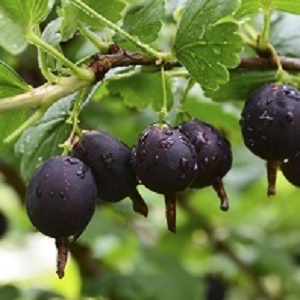
5 reviews for Gooseberry : BLACK JOSTABERRY 2 year old plant
Only logged in customers who have purchased this product may leave a review.
Other Gooseberry
What is Orchard Grade?
What is a 2 year old tree?
All our trees are planted in the field in the spring as rootstock. They are grafted in August of the 1st year. Most of our trees are dug out in November of the 2nd year. Some trees are in the ground for another season. We dig these in November of the 3rd year. These are considered to be '2 year old trees'.
A '2 year old tree' has bigger roots, a thicker trunk, and more branching (They might start fruiting a year earlier).

Read an important message about changes to receiving our print catalogue
Click To Learn More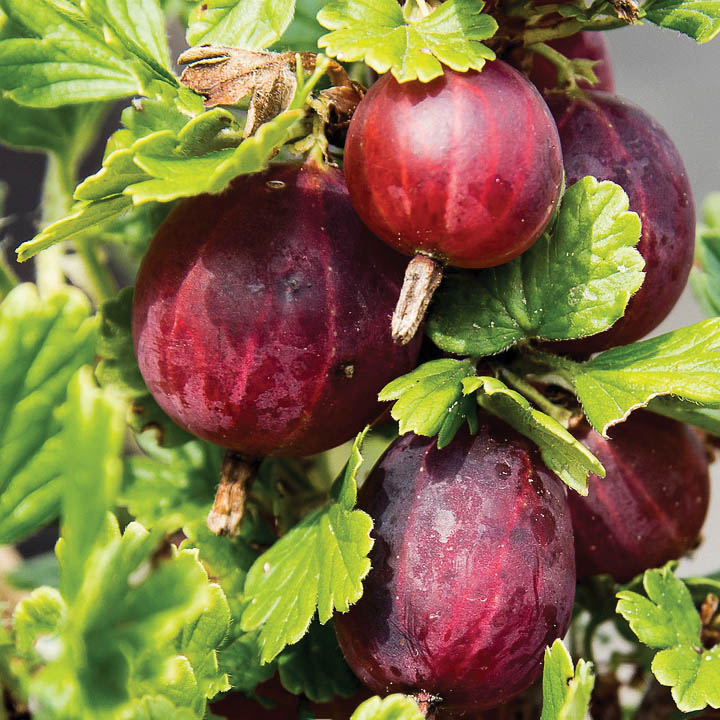
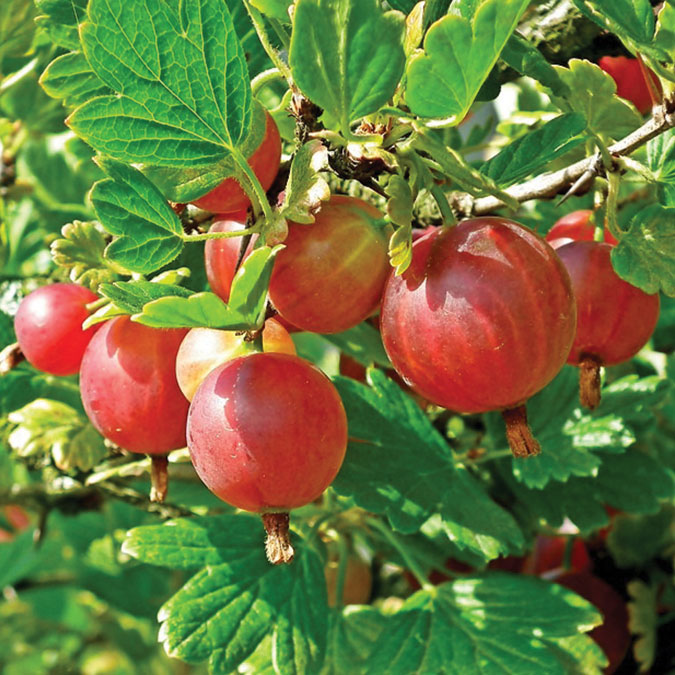
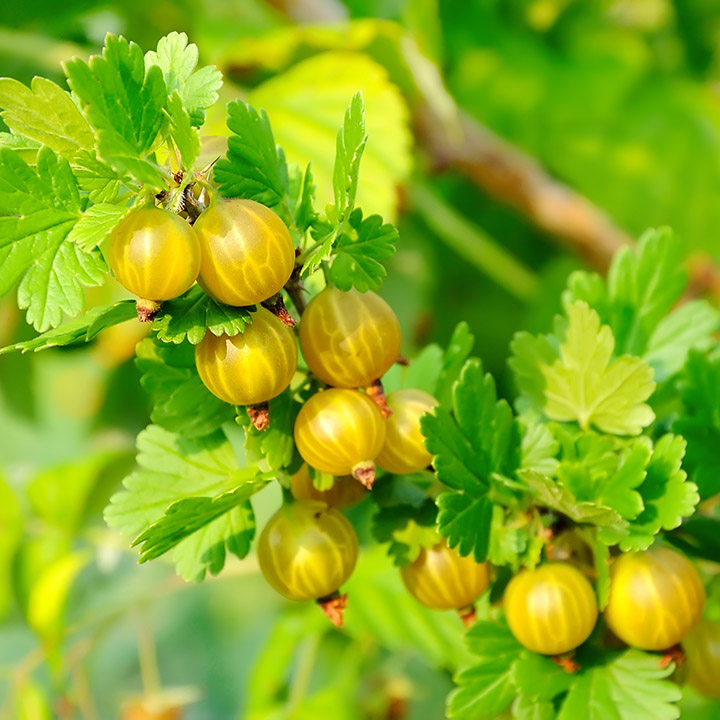
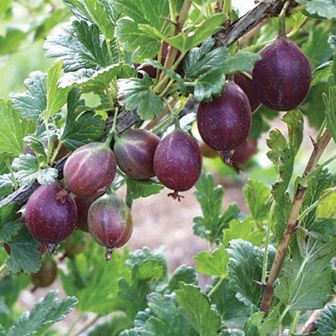
Heidi Smithson (verified owner) –
Heather W. (verified owner) –
Alvan B. (verified owner) –
Chris Butler (verified owner) –
Ed Taves (verified owner) –
Plants in great condition, well packed for delivery.